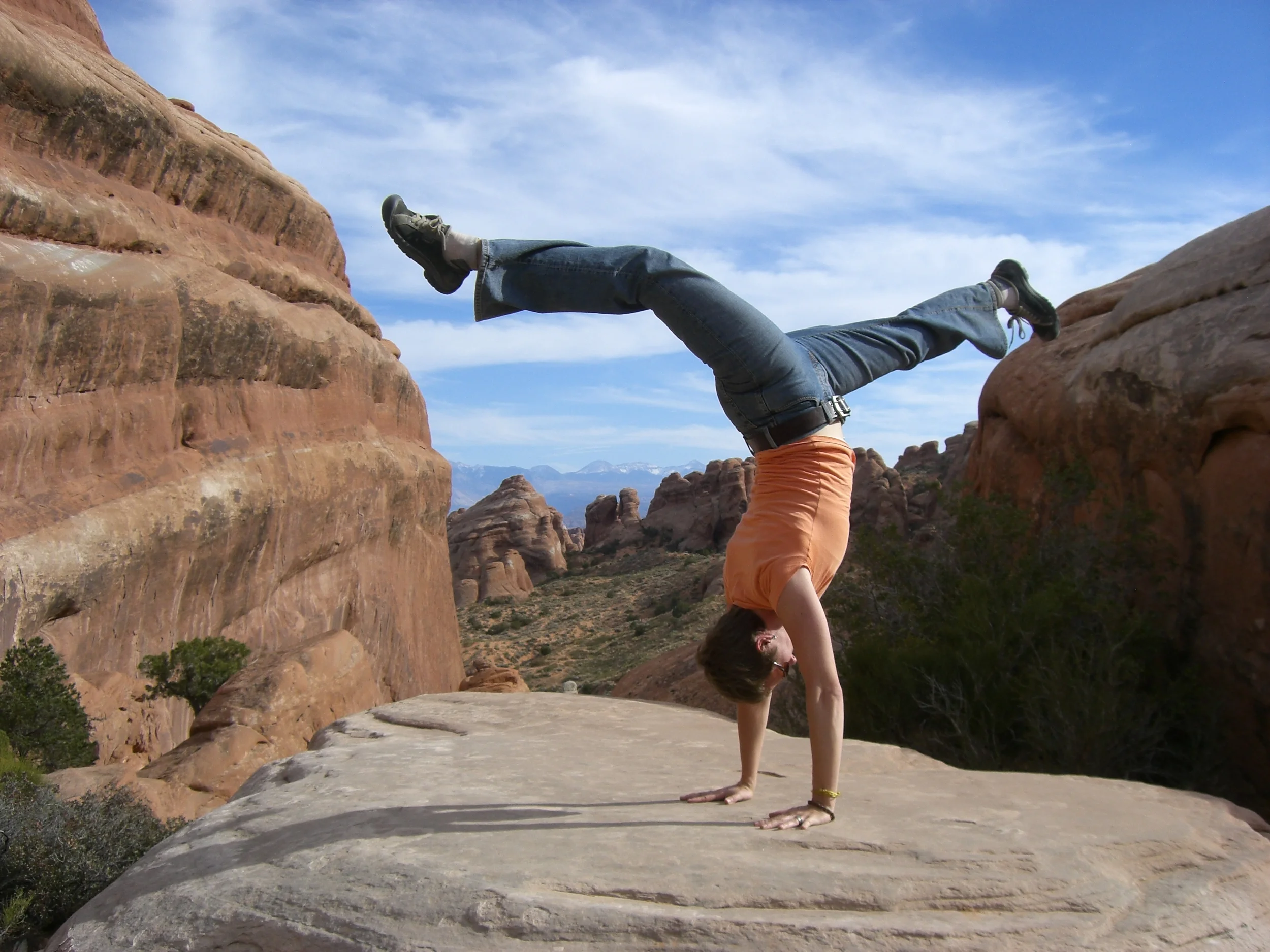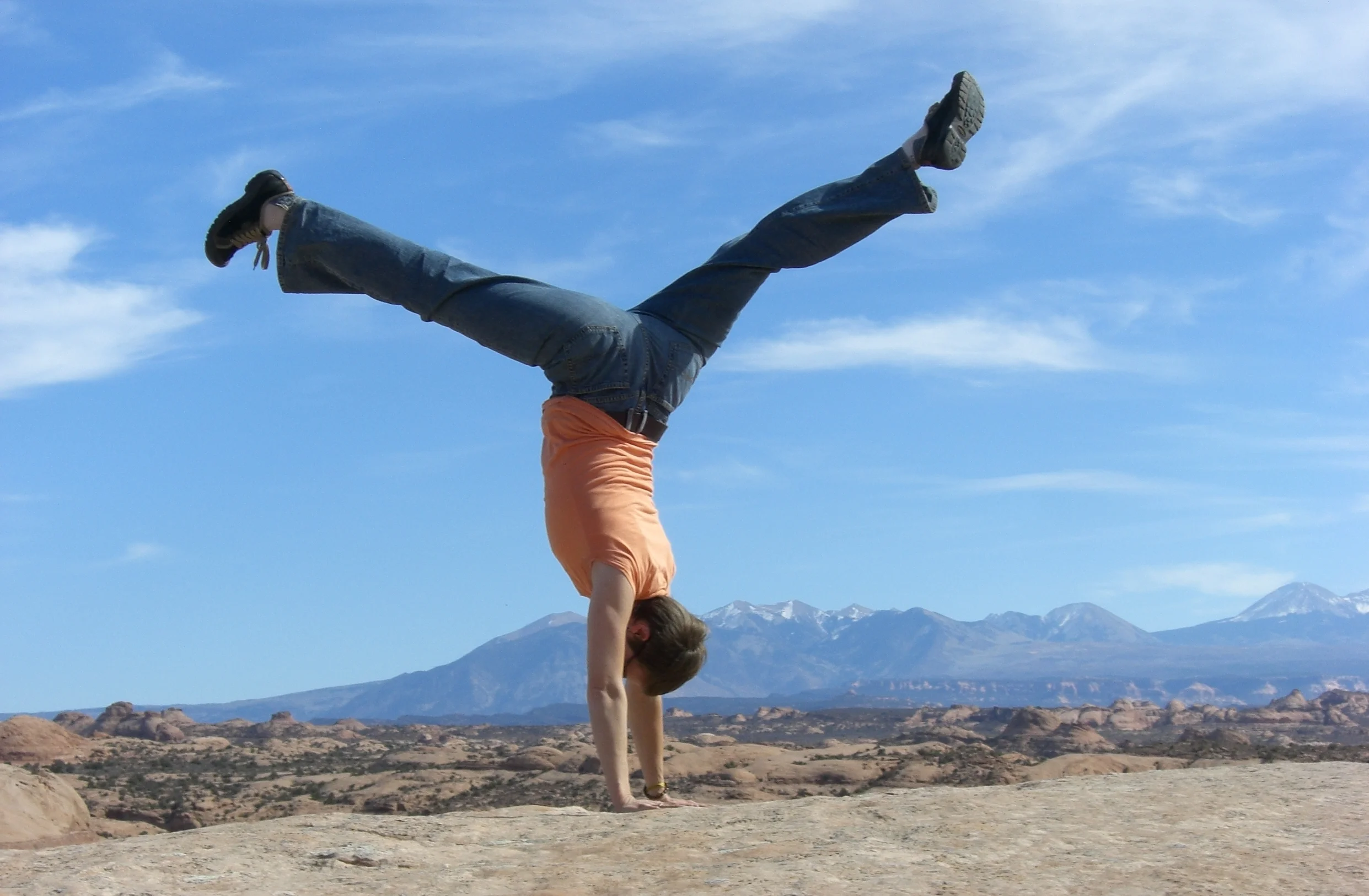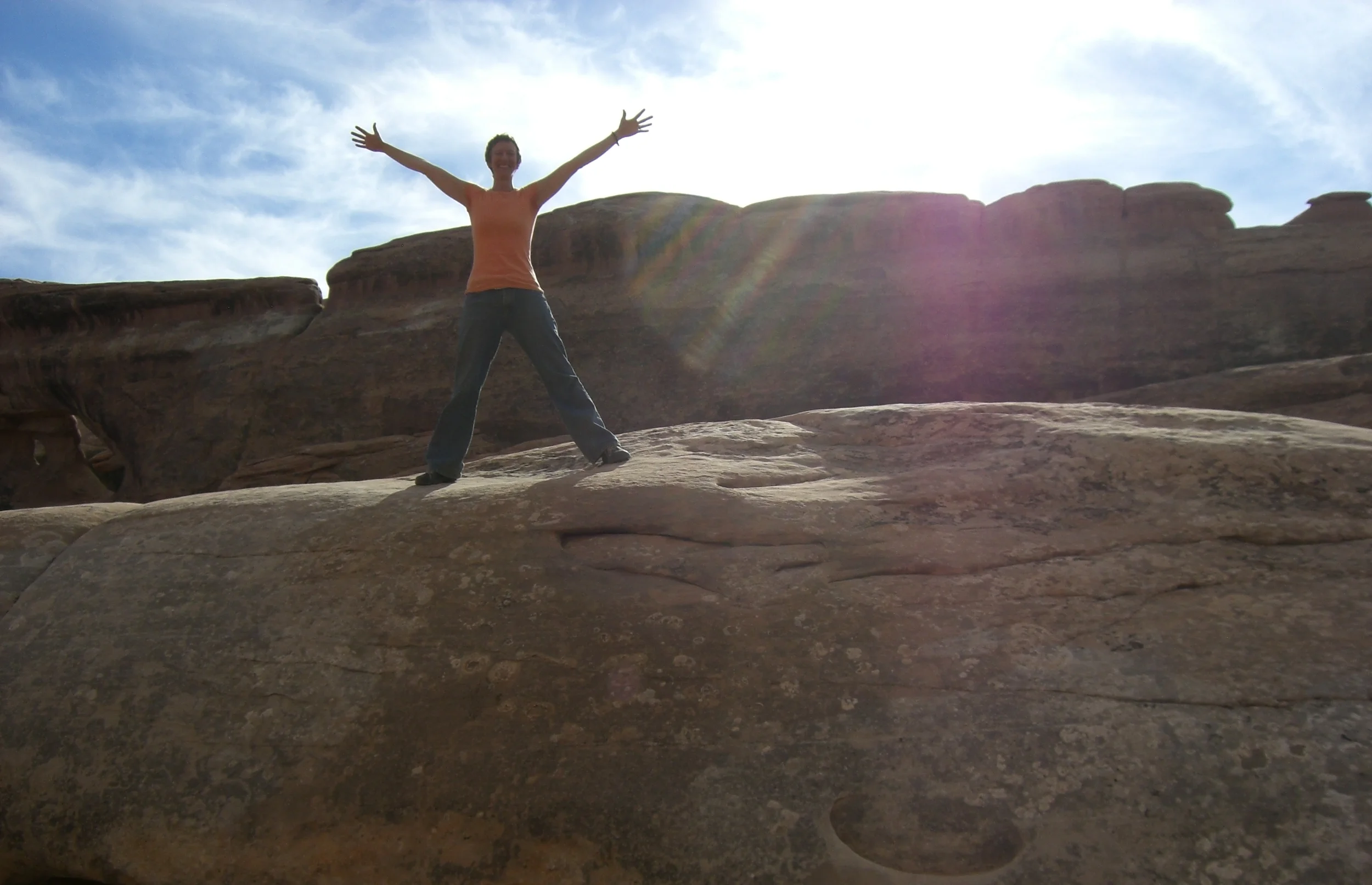



Are you longing to fully experience your life?
Are you longing to fully experience your life?
Often we turn to psychotherapy when the rug has been pulled out from under us, whether from loss, shifting identities, or insight into the pain we are experiencing. The shock of this loss of footing can leave us uncertain and off-balance. We long for some sense of reliability and certainty, some sense of ground. According to Contemplative Psychotherapy, this uncertainty and disorientation is not actually a problem, and in fact, within this very experience, there could be the opportunity to extend some kindness to ourselves, to actually include more of what it means to be fully human.
In Buddhist psychology, there is a lot of emphasis on impermanence, how nothing is solid or fixed, how everything is groundless. The paradox is that when one can relax with the groundlessness, there can actually be a sense of ground in the groundlessness: a ground that is unconditional, not dependent on external circumstances and therefore indestructible and completely trustworthy. Finding Ground Psychotherapy is tribute to this inherent capacity we all have.

Approach
Mental health is marked by the ability to experience one’s life directly while maintaining stability within a range of emotions. I believe mental health begins with being able to appreciate oneself, and I believe this possibility is available to all of us.
Within even the most painful psychological symptom is a seed of wisdom, a sane attempt to cope with a situation that appeared overwhelming at some point during one’s development. I use a client-centered, health-oriented approach to uncover that wisdom. I see the role of the therapist as modeling the curiosity and gentleness necessary to see oneself and the situation clearly. When one can experience and accept oneself “as is,” therapeutic change naturally unfolds.
Approach
Mental health is marked by the ability to experience one’s life directly while maintaining stability within a range of emotions. I believe mental health begins with being able to appreciate oneself, and I believe this possibility is available to all of us.
Within even the most painful psychological symptom is a seed of wisdom, a sane attempt to cope with a situation that appeared overwhelming at some point during one’s development. I use a client-centered, health-oriented approach to uncover that wisdom. I see the role of the therapist as modeling the curiosity and gentleness necessary to see oneself and the situation clearly. When one can experience and accept oneself “as is,” therapeutic change naturally unfolds.
My integrative approach to counseling draws from attachment theory, systems thinking, Buddhist psychology, modern psychoanalysis, cognitive and behavioral models, as well as a strong conviction in the wisdom of the body and the somatic experience.
A key part of my approach is providing a non-judgmental, open space, so together we can begin to see what is. We can develop some friendliness toward ourselves. The more we can gently accept all the parts of ourselves, the safer it is to see into our dark places full of shame and “unacceptable” emotions. In the presence of kindness, we find we can tolerate many different emotions and mental states. Paradoxically, gently touching our uncomfortable feelings, rather than pushing them away, allows those feelings to share their wisdom and shift of their own accord.
The primary view is that the fundamental nature of every human being is brilliant sanity, characterized by openness,
clarity and compassion. This can be hard to believe since much of the time we may feel like those qualities have nothing to do with us. This is because our brilliant sanity can get clouded over by habits or strong emotions. However, if we begin to get curious and start paying close attention, we can actually begin to notice when our underlying, inherent nature shines through the clouds. We can actually begin to develop confidence in our inherent health.
Because of the ground of brilliant sanity, the Contemplative Psychotherapist views every situation and every client as workable. Fundamentally, we can trust our experience. Developing confidence in one’s own inherent health provides the courage to meet the present moment, and supports us in finding ground in any situation.

About
About
Lodi Siefer, MA
Licensed Professional Counselor Somatic Experiencing Practitioner
Lodi (they/them) earned a Master of Arts in Contemplative Psychotherapy from Naropa University. They have worked in a variety of community mental health agencies and have experience working with trauma, grief, body image, gender identity, depression and anxiety, addictions, and interpersonal challenges. Lodi is committed to a life-long process of becoming more culturally competent and works with people from diverse cultures, the LGBTQ community, and people with disabilities.
A little about handstands:
Handstands, for Lodi, are fun, with a sense of joy and play, and are great for metaphors. Balance is so evident and temporary. We can see centeredness every time we swing by. Living life fully often requires making friends with falling. Turning upside-down the usual ways of looking at the world can help shift the fixated quality of our habitual patterns. And, perhaps finding ground, in that unconditional and trustworthy way, can happen where we least expect it.




